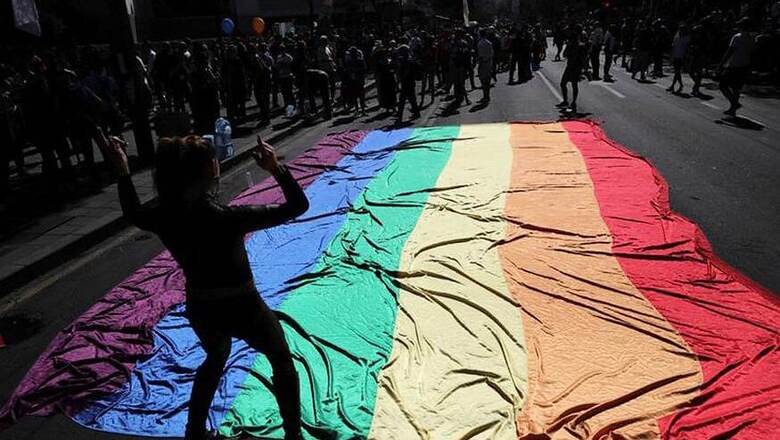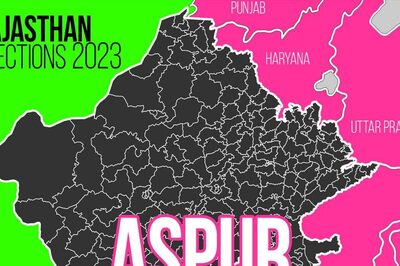
views
New Delhi: The Union Cabinet is likely to consider Wednesday a bill which seeks to define transgenders and prohibit discrimination against them.
Passage of the Transgender Persons (Protection of Rights) Bill, which aims at empowering the community by defining and protecting their rights, is one of the priorities of the Social Justice and Empowerment ministry in the first 100 days agenda of the second term of the Narendra Modi government, an official source said.
The bill was passed by Lok Sabha in December 2018. The draft bill without any new amendments has been taken back to the Cabinet for approval again, the sources said.
According to the bill, a transgender is a person whose "gender does not match with the gender assigned to that person at birth and includes trans-man or trans-woman (whether or not such person has undergone Sex Reassignment Surgery or hormone therapy or laser therapy or such other therapy), person with intersex variations, gender- queer and person having such socio-cultural identities as kinner, hijra, aravani and jogta."
Going by the bill, a person would have the right to choose to be identified as a man, woman or transgender, irrespective of sex reassignment surgery and hormonal therapy. It also requires transgender persons to go through a district magistrate and "district screening committee" to get certified as a transperson.
The committee would comprise a medical officer, a psychologist or psychiatrist, a district welfare officer, a government official, and a transgender person.
The bill prohibits discrimination against a transgender person in areas such as education, employment, and healthcare. It directs the central and state governments to provide welfare schemes in these areas.
Offences like compelling a transgender person to beg, denial of access to a public place, physical and sexual abuse, etc. would attract up to two years' imprisonment and a fine.
The bill has drawn criticism of the stakeholders who say it lays out a bureaucratic procedure to be followed for legal gender recognition, which violates the right of the people belonging to the community to have their self-identified gender recognised.
The bill was also termed regressive by members of the community who said it criminalises "begging", which has long been the primary source of income for many of them. According to the community members it would take away their source of living without offering an alternative.



















Comments
0 comment